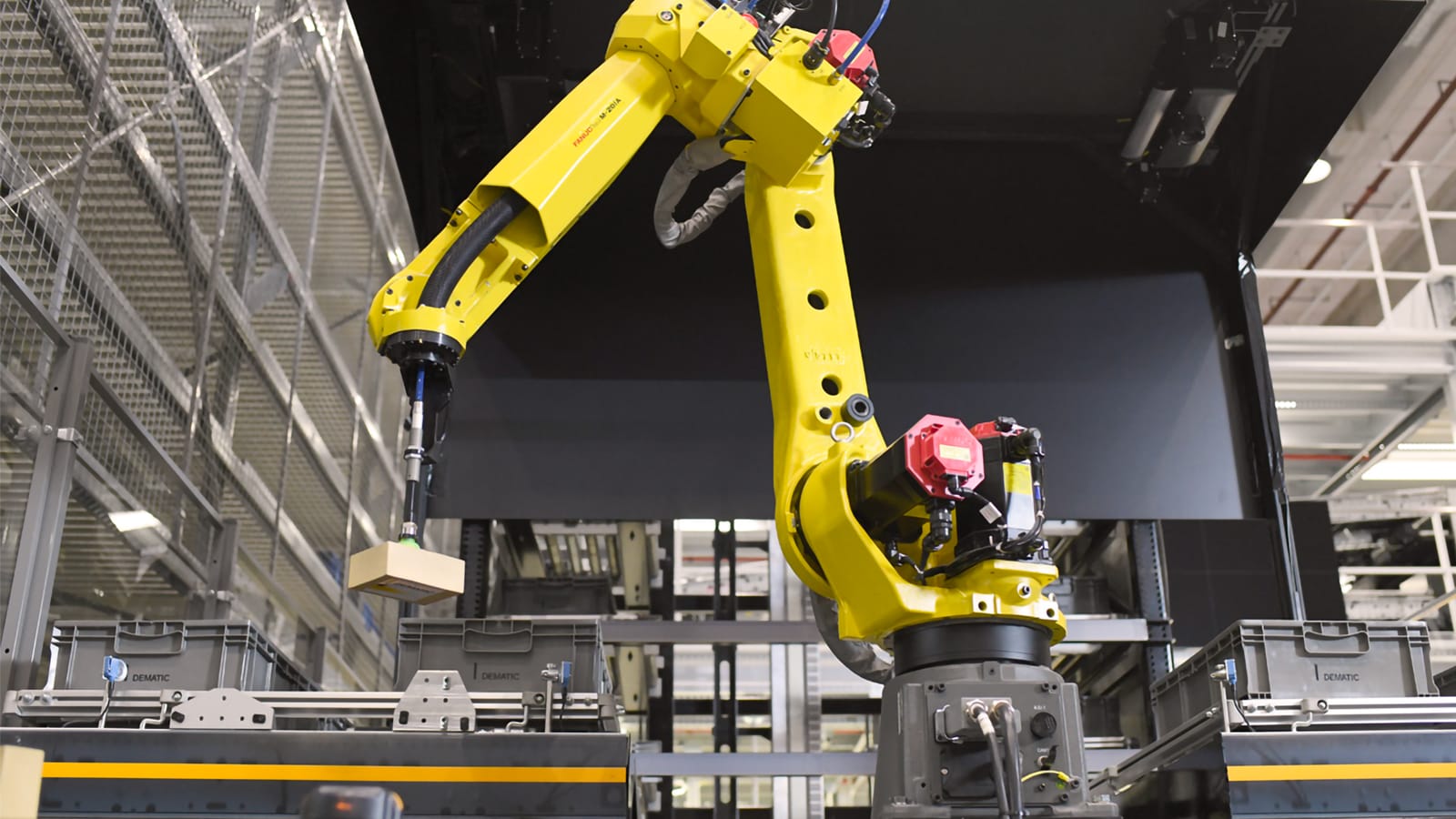In the ever-changing manufacturing industry, robots play a essential to bringing innovation and efficiency. Integration of industrial robotics into manufacturing processes has revolutionized manufacturing, bringing a wide range of benefits for businesses looking to improve efficiency, quality, and competitiveness. Manufacturing robots play an essential role in the future of manufacturing as the demand for automation continues to increase.
Industrial robots are also referred to as manufacturing robots. They are specialized machines that perform multiple tasks within the manufacturing process. These tasks can include welding or painting, assembly picking and placing, packaging, and other things. Industrial robotics is the research and use of robotics. It focuses on increasing effectiveness and precision in manufacturing operations.

Automated Solutions Australia is one of the companies at the forefront. They are specialized in industrial robot systems that can be customized to meet the needs of manufacturing customers. ASA robotics for manufacturing in industrial settings are designed to assist clients gain an edge in the market by increasing their quality and productivity. ASA industrial robotic solutions are sought-after by companies across many sectors, such as electronic, pharmaceuticals and automotive.
The benefits of implementing industrial robots in manufacturing are multifaceted. One of the major benefits is the substantial improvement in efficiency and productivity. Industrial robots are able to perform repetitive tasks with precision and a consistent manner. This results in higher productivity and lower durations of cycle. This increases overall productivity and allows companies to quickly satisfy the demands of consumers.
Industrial robots also enhance quality control in manufacturing processes. In order to complete tasks with precision and resiliency, they limit the error margin leading to better quality products. This results in increased the satisfaction of customers and builds the company’s reputation as a supplier of superior quality goods.
Industrial robots aren’t only effective and top-quality, they also save money. The initial investment in manufacturing robots could be high but the savings over time are substantial. Through streamlining processes in production and reducing the need to use manual labor, businesses can lower operational costs and get a fast ROI. Industrial robots can work 24 hours a day, which maximizes the use of resources and decreases costs of production per unit.
The impact of industrial robots’ effects on the work environment is another compelling benefit. They are engineered to create low levels of noise making for a quieter and more comfortable working environment for employees. Furthermore, their precision and speed contribute to an environment that is safer by reducing the chance of accidents and injuries associated by manual work.
The integration of industrial robots is also a key factor in job creation and the future of work. Although there are fears that robots could replace human workers, industrial robots are actually creating new jobs. This includes roles in the field of robotic programming, maintenance, oversight and supervision, in addition to the creation of new technology to support robot manufacturing.
Businesses across a variety of industries continue to reap the benefits of industrial robots, and manufacturing continues to embrace this technology, it’s changing the business. Industrial robotics has the ability to boost efficiency, productivity as well as the quality of products. It is changing the manufacturing industry, and creating new standards for excellence.
In the end, the rise of industrial robots and manufacturing robotics marks an important shift in the manufacturing industry. The fusion of these technologies can help businesses reach new levels of productivity and precision, as well as competitiveness and efficiency. As the use of automation continues to increase, industrial robots will play a key role in shaping the future of manufacturing by accelerating innovation and propelling companies to success on the global market.